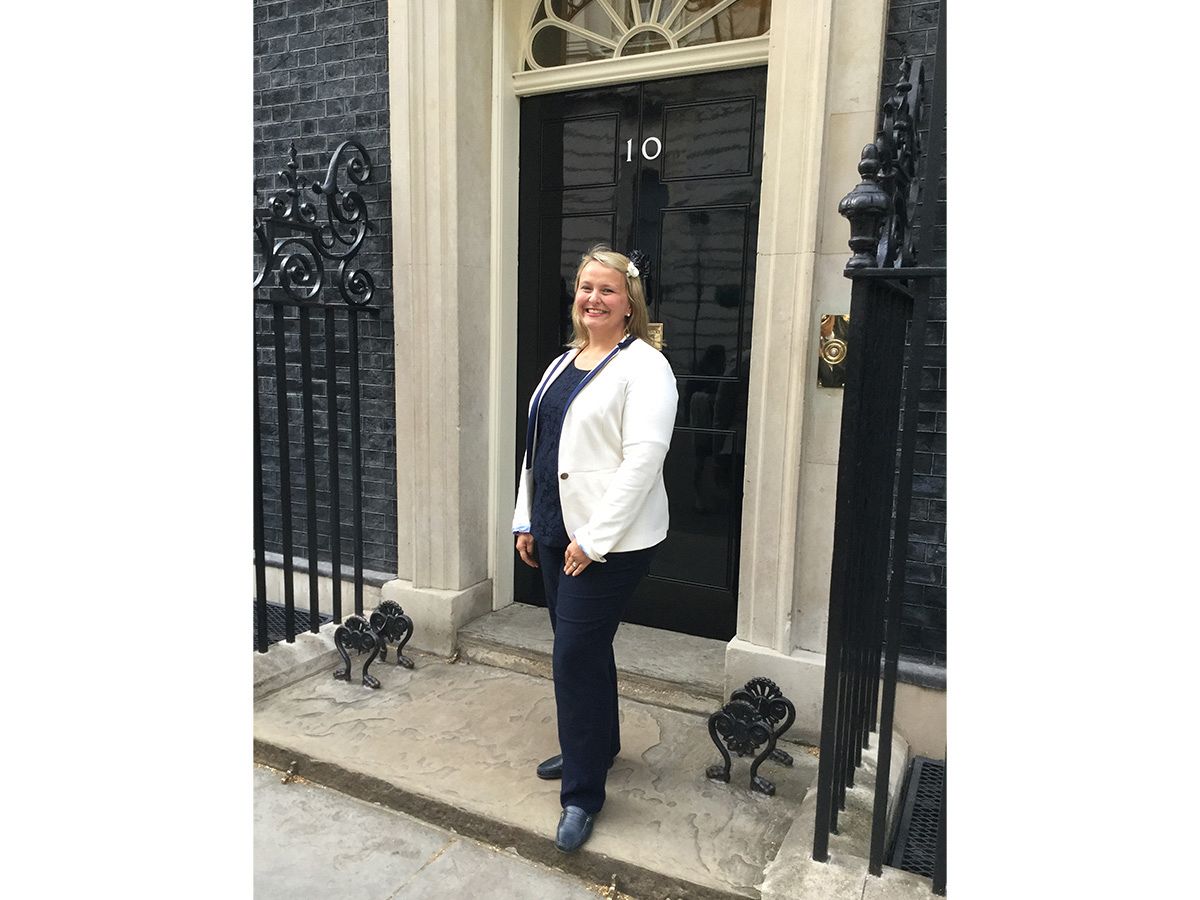Dr Arlene Holmes-Henderson, Associate Professor of Classics and Ancient History, shares her learning to help colleagues engage successfully with policymakers.
Researchers produce knowledge. What can researchers do to increase the chance of this knowledge influencing real people’s daily lives, bringing improvements, and/or preventing harm? Policy Engagement with research can be an excellent bridge to societal impact.

Dr Arlene Holmes-Henderson
I joined Durham University in October 2022 as an Associate Professor of Classics and Ancient History. Prior to my role here, I held a research and public policy partnership at the University of Oxford with the Department for Education.
From 2020, I have acted as an expert advisor to the curriculum policy team on ancient languages education, sharing my research on Classics Education to inform the policy thinking of civil servants and politicians in this area. I am also an expert advisor to parliament, working closely with two All-Party Parliamentary Groups (APPGs) -oracy and political literacy. My research on ancient rhetoric underpins much of the work I do with both groups.
As a British Academy Innovation Fellow (2022-2024), I am currently working with six government departments and three national charities on a project titled ‘Levelling up through talk: how does oracy influence social mobility and employability?’.
Working as I do now at the intersection of research, policy and practice, I thought I’d share some advice for colleagues who might be interested in sharing their research with policymakers.
1. Explore the register of APPGs and email the secretary to join the email distribution list of the one(s) which align closest to your area(s) of research. You could also offer to speak at a future meeting about your research.
2. Government departments publish Areas of Research Interest (ARIs). Take a look at a) the areas/questions and see whether your research can contribute to areas of policy appetite and b) whether there is a direct email address published in the document which could help you make direct connections with your chosen department.
3. Write for policy, not academia. Policymakers are unlikely to come and find you – they’re busy and their priorities change quickly. Develop your digital profile by writing short comment pieces (blogs are ideal) and, if you have given media interviews about your research, make these easily accessible. I have found that it’s the clear and concise communication of key messages from your research which is vital for success in the policy arena.
4. Build networks. Durham offers internal support for policy engagement via the Durham Policy Hub: @DurhamPolicyHub. Durham is also a member of the Universities Policy Engagement Network (UPEN) which brings access to events, training, publications and advice.
5. Find a role model. By asking within your subject discipline community, and doing online research, it might be possible to find someone who is successfully sharing their research with policymakers. Follow them on social media, learn what they do, and how, and consider asking to meet up for a chat. If you can’t find a role model…could you lead the way in your field?

Arlene is Vice-Chair of the Universities Policy Engagement Network
If you would like to find out more, Arlene is happy to talk to colleagues. Drop her an email at arlene.v.holmes-henderson@durham.ac.uk
Arlene is an alumna of the Institute for Government and Vice-Chair of the Universities Policy Engagement Network, with a national remit to champion policy engagement with Arts and Humanities research. She is also a member of the Arts and Humanities Research Council (AHRC) Peer Review Council and Public Policy Advisory Board. Follow her on Twitter at @drarlenehh or find out more about her work at www.drarlenehh.com.
